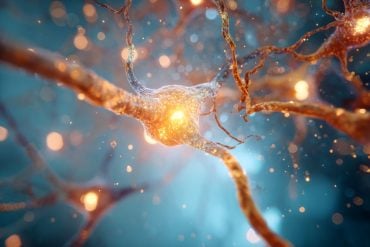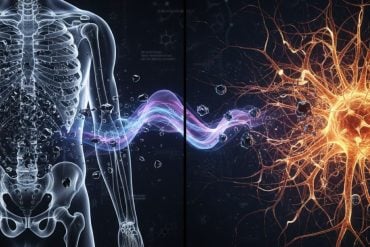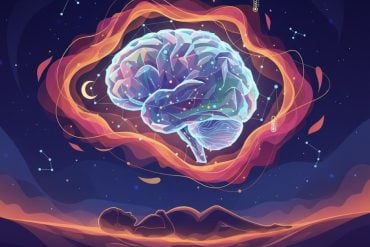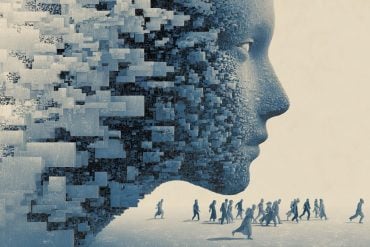Summary: Researchers conclude many psychiatric diagnoses are scientifically worthless as tools for identifying discrete mental health disorders.
Source: University of Liverpool
A new study, published in Psychiatry Research, has concluded that psychiatric diagnoses are scientifically worthless as tools to identify discrete mental health disorders.
The study, led by researchers from the University of Liverpool, involved a detailed analysis of five key chapters of the latest edition of the widely used Diagnostic and Statistical Manual (DSM), on ‘schizophrenia’, ‘bipolar disorder’, ‘depressive disorders’, ‘anxiety disorders’ and ‘trauma-related disorders’.
Diagnostic manuals such as the DSM were created to provide a common diagnostic language for mental health professionals and attempt to provide a definitive list of mental health problems, including their symptoms.
The main findings of the research were:
- Psychiatric diagnoses all use different decision-making rules
- There is a huge amount of overlap in symptoms between diagnoses
- Almost all diagnoses mask the role of trauma and adverse events
- Diagnoses tell us little about the individual patient and what treatment they need
The authors conclude that diagnostic labeling represents ‘a disingenuous categorical system’.
Lead researcher Dr. Kate Allsopp, University of Liverpool, said: “Although diagnostic labels create the illusion of an explanation they are scientifically meaningless and can create stigma and prejudice. I hope these findings will encourage mental health professionals to think beyond diagnoses and consider other explanations of mental distress, such as trauma and other adverse life experiences.”

Professor Peter Kinderman, University of Liverpool, said: “This study provides yet more evidence that the biomedical diagnostic approach in psychiatry is not fit for purpose. Diagnoses frequently and uncritically reported as ‘real illnesses’ are in fact made on the basis of internally inconsistent, confused and contradictory patterns of largely arbitrary criteria. The diagnostic system wrongly assumes that all distress results from disorder, and relies heavily on subjective judgments about what is normal.”
Professor John Read, University of East London, said: “Perhaps it is time we stopped pretending that medical-sounding labels contribute anything to our understanding of the complex causes of human distress or of what kind of help we need when distressed.”
Source:
University of Liverpool
Media Contacts:
Simon Wood – University of Liverpool
Image Source:
The image is in the public domain.
Original Research: Closed access
“Heterogeneity in psychiatric diagnostic classification”. Kate Allsopp, John Read, Rhiannon Corcoran, Peter Kinderman.
Psychiatry Research. doi:10.1016/j.psychres.2019.07.005
Abstract
Heterogeneity in psychiatric diagnostic classification
The theory and practice of psychiatric diagnosis are central yet contentious. This paper examines the heterogeneous nature of categories within the DSM-5, how this heterogeneity is expressed across diagnostic criteria, and its consequences for clinicians, clients, and the diagnostic model. Selected chapters of the DSM-5 were thematically analysed: schizophrenia spectrum and other psychotic disorders; bipolar and related disorders; depressive disorders; anxiety disorders; and trauma- and stressor-related disorders. Themes identified heterogeneity in specific diagnostic criteria, including symptom comparators, duration of difficulties, indicators of severity, and perspective used to assess difficulties. Wider variations across diagnostic categories examined symptom overlap across categories, and the role of trauma. Pragmatic criteria and difficulties that recur across multiple diagnostic categories offer flexibility for the clinician, but undermine the model of discrete categories of disorder. This nevertheless has implications for the way cause is conceptualised, such as implying that trauma affects only a limited number of diagnoses despite increasing evidence to the contrary. Individual experiences and specific causal pathways within diagnostic categories may also be obscured. A pragmatic approach to psychiatric assessment, allowing for recognition of individual experience, may therefore be a more effective way of understanding distress than maintaining commitment to a disingenuous categorical system.







